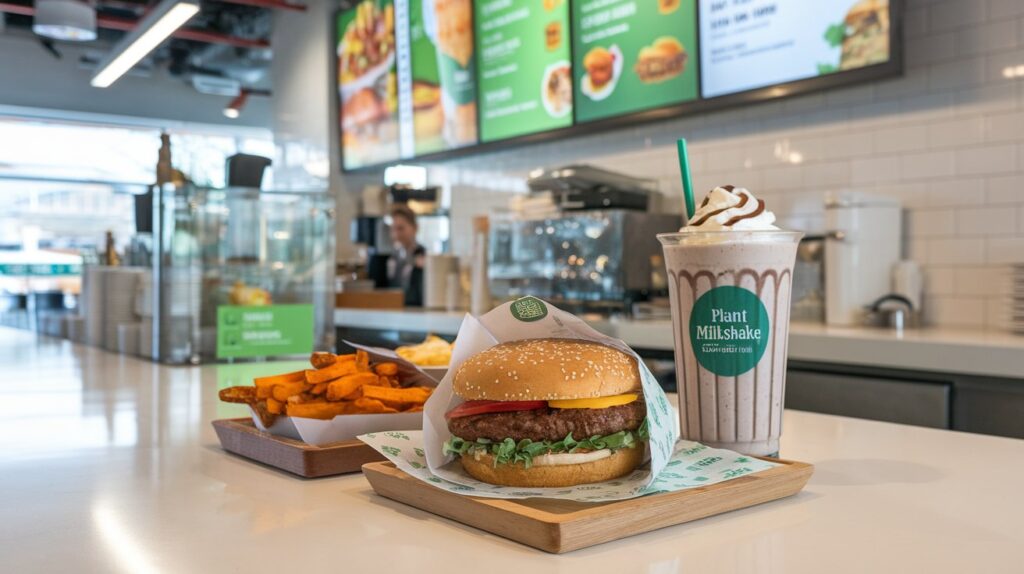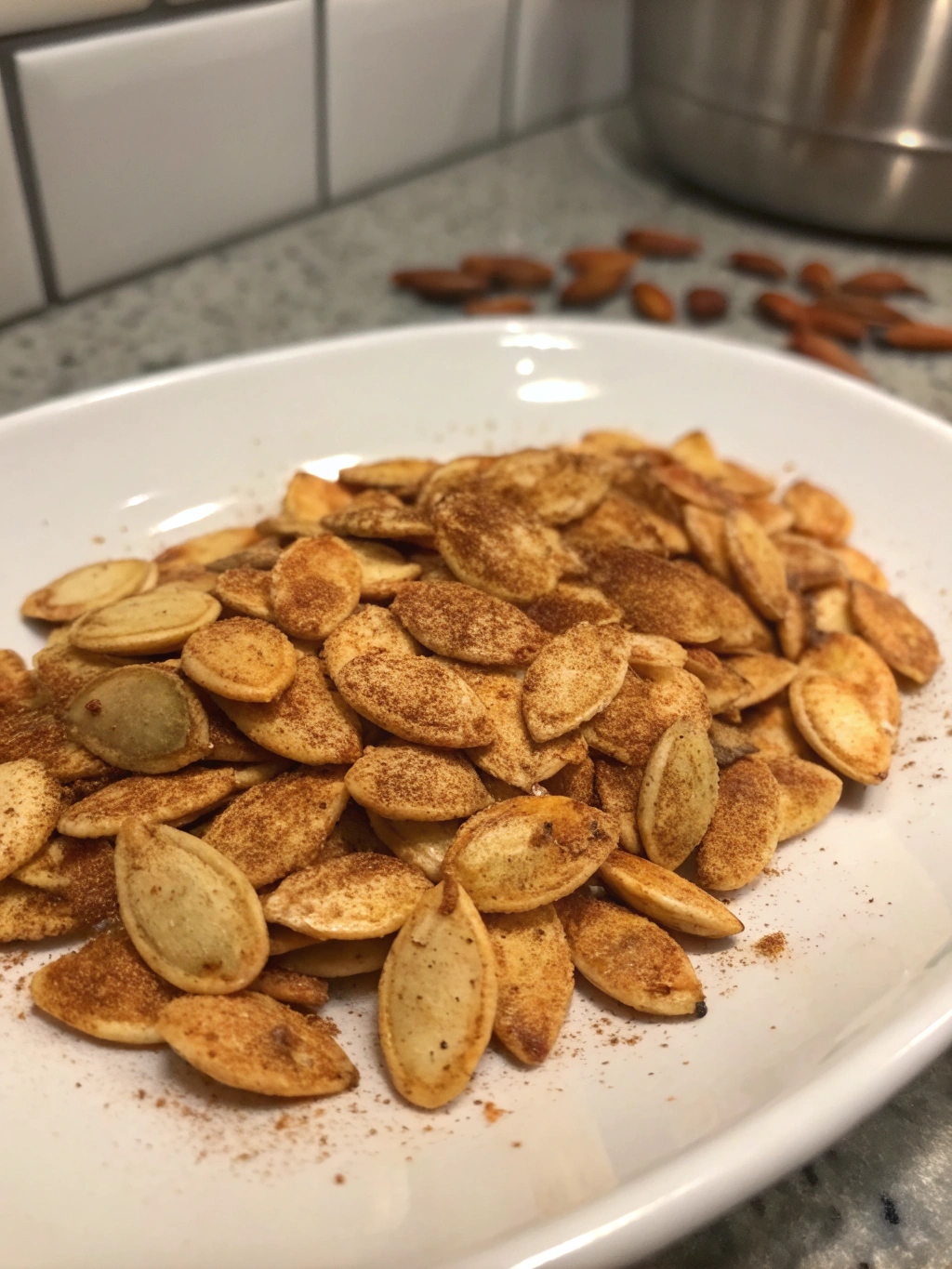Soy burgers have emerged as a key player in the growing market for plant-based food alternatives. Made primarily from soy protein, these burgers replicate the texture and taste of traditional meat patties while offering a more sustainable and ethical choice. With advancements in food technology and increasing consumer awareness about health and environmental concerns, soy burgers have transitioned from niche products to mainstream staples.
Importance of Plant-Based Alternatives
The global food industry is undergoing a significant transformation, driven by the need to address challenges such as climate change, resource scarcity, and public health issues. Plant-based alternatives, including soy burgers, are central to this shift. They offer a solution for reducing greenhouse gas emissions, conserving water, and addressing the ethical considerations associated with animal farming. Additionally, soy burgers cater to diverse dietary preferences and restrictions, making them accessible to vegetarians, vegans, and even flexitarians looking to reduce their meat consumption.
Overview of the Soy Burger Market
The soy burger market has experienced remarkable growth in recent years, fueled by the rising demand for plant-based products. According to market research, sales of soy-based meat alternatives have surged as more consumers embrace a flexitarian lifestyle. Key players in the industry, such as Beyond Meat and Impossible Foods, have popularized plant-based options, while new entrants and traditional food companies are expanding the variety and availability of soy burgers. Innovations in flavor, texture, and nutritional profiles continue to enhance the appeal of soy burgers, making them a competitive choice in the ever-evolving food landscape.
What Are Soy Burgers?
Definition of Soy Burgers
Soy burgers are plant-based patties crafted primarily from soy protein, a derivative of soybeans, designed to mimic the taste, texture, and appearance of traditional meat burgers. They serve as a popular meat alternative for individuals seeking healthier, environmentally sustainable, or ethically produced food options. Soy burgers cater to a wide audience, including vegetarians, vegans, and health-conscious consumers, as well as those reducing meat consumption for personal or environmental reasons.
Ingredients Used in Soy Burgers
Soy burgers typically contain a blend of ingredients to achieve their meat-like qualities and nutritional profile. Common components include:
- Soy Protein Isolate or Concentrate: The primary ingredient providing the protein content and structure.
- Binding Agents: Ingredients such as wheat gluten, potato starch, or methylcellulose that help hold the patty together.
- Flavorings and Spices: Natural and artificial flavor enhancers to replicate the taste of beef or other meats.
- Vegetable Oils: Often canola, sunflower, or coconut oil, to add juiciness and mouthfeel.
- Fortifications: Nutritional additions like iron, vitamin B12, or zinc, mimicking the nutritional benefits of meat.
- Additional Ingredients: Depending on the brand, soy burgers may also include vegetables, grains, or legumes for added texture, flavor, or nutrition.
How Soy Burgers Differ from Traditional Meat Burgers
Soy burgers differ from traditional meat burgers in several key aspects:
- Source: Soy burgers are plant-based, made without any animal products, whereas meat burgers are derived from animal sources, primarily beef.
- Nutritional Profile: Soy burgers are generally lower in saturated fat and cholesterol but may contain more sodium due to added flavorings. They are often fortified with nutrients like B12 and iron to match meat’s nutritional value.
- Environmental Impact: Producing soy-based burgers typically requires significantly less water, land, and energy, while generating lower greenhouse gas emissions compared to raising livestock.
- Ethics: Soy burgers align with vegan and vegetarian ethics, eliminating the need for animal farming.
- Taste and Texture: While modern soy burgers closely mimic meat, there are subtle differences in flavor and texture that may vary by brand and consumer preferences.
Nutritional Profile of Soy Burgers
Protein Content
Soy burgers are an excellent source of plant-based protein, making them a viable alternative to meat. A typical soy burger patty contains about 15–20 grams of protein per serving, comparable to or even exceeding the protein content in a standard beef burger. This protein is derived from soy protein isolate or concentrate, which is a complete protein, meaning it contains all nine essential amino acids required for human health.
Vitamins and Minerals
Soy burgers are often fortified with essential vitamins and minerals to mimic the nutritional profile of meat. Key nutrients found in soy burgers include:
- Iron: A crucial mineral for oxygen transport in the blood; soy burgers often contain iron from plant sources or are fortified to match the levels found in beef.
- Vitamin B12: Since B12 is naturally absent in plants, soy burgers are commonly fortified with this vitamin to support energy production and nerve health.
- Zinc: An important mineral for immune function, found in many soy-based patties.
- Calcium and Vitamin D: Some brands include these nutrients for added bone health benefits, especially for those who avoid dairy.
- Fiber: Unlike meat burgers, soy burgers provide dietary fiber, typically 2–4 grams per serving, promoting digestive health.
Calorie Comparison with Meat Burgers
Soy burgers are generally lower in calories than traditional beef burgers, though the exact numbers depend on the brand and preparation. For example:
- Soy Burger: Typically 150–250 calories per patty, depending on added oils and flavorings.
- Beef Burger: Usually 250–300 calories per patty, primarily due to higher fat content.
This caloric difference makes soy burgers an appealing option for those managing calorie intake or seeking lower-fat alternatives. However, soy burgers may have slightly higher sodium levels due to seasoning and preservation processes.
Benefits of Soy Burgers
Environmental Impact
Lower Carbon Footprint
Soy burgers significantly reduce the carbon footprint associated with food production. The cultivation and processing of soybeans produce far fewer greenhouse gas emissions compared to raising livestock. Studies indicate that plant-based protein production generates up to 90% fewer emissions than beef production, making soy burgers a more sustainable choice for environmentally conscious consumers.
Reduced Water Usage
Producing soy-based products requires considerably less water compared to meat. For example, it takes approximately 1,800 gallons of water to produce a single pound of beef, whereas soy production is far more water-efficient. Switching to soy burgers can help conserve freshwater resources, a critical factor as global water scarcity becomes an increasing concern.
Health Advantages
Cholesterol-Free Diet
Soy burgers contain no dietary cholesterol, unlike traditional meat burgers. This makes them a heart-healthy option, especially for individuals looking to manage or prevent high cholesterol levels. Additionally, the lower saturated fat content in soy burgers can further support cardiovascular health.
Supporting Weight Management
Soy burgers are often lower in calories and fat compared to meat patties, making them a great option for those aiming to manage their weight. The fiber content in soy burgers adds to satiety, helping individuals feel fuller for longer and potentially reducing overall calorie intake.
Ethical Considerations
Soy burgers align with ethical considerations by eliminating the need for animal farming. This appeals to individuals who prioritize animal welfare and are concerned about the ethical implications of meat production. The shift to plant-based alternatives like soy burgers also contributes to reducing practices associated with factory farming, including habitat destruction and animal cruelty.
Potential Drawbacks of Soy Burgers
Concerns About Soy Allergies
Soy is a common allergen, and individuals with soy allergies need to avoid soy burgers altogether. Symptoms of soy allergies can range from mild reactions, such as hives or itching, to severe anaphylaxis. Manufacturers often include allergen warnings on packaging to inform consumers, but this remains a limitation for some.
Processed Nature of Some Soy Products
Many soy burgers are highly processed, containing additives, flavor enhancers, and preservatives to achieve the desired taste and texture. While these products are designed to mimic meat, the degree of processing may concern health-conscious individuals who prefer whole, minimally processed foods. Additionally, some soy burgers may contain higher levels of sodium or saturated fats from added oils, which could offset certain health benefits if consumed excessively.
How Are Soy Burgers Made?
Step-by-Step Manufacturing Process
- Soybean Processing: Soybeans are cleaned, dehulled, and defatted to extract soy protein concentrate or isolate.
- Mixing Ingredients: Soy protein is blended with other ingredients, such as vegetable oils, binders, flavorings, and fortifying nutrients like iron and B12.
- Forming Patties: The mixture is shaped into patties using extrusion machines that replicate the size and thickness of traditional burger patties.
- Cooking or Pre-Treatment: Patties may be precooked, flash-frozen, or treated with heat to enhance texture and shelf life.
- Packaging: The final patties are packaged under controlled conditions to preserve freshness and are labeled for retail distribution.
Key Techniques in Texture and Flavor Enhancement
- Extrusion Technology: High-moisture extrusion replicates the fibrous texture of meat by aligning protein strands during the processing phase.
- Oil Integration: Coconut or sunflower oil is often added to enhance juiciness, mimicking the mouthfeel of animal fats.
Role of Soy Protein Isolate and Other Additives
- Soy Protein Isolate: This concentrated protein is the backbone of soy burgers, providing structure and a high protein content.
- Binders and Stabilizers: Ingredients like methylcellulose and potato starch improve the cohesiveness of the patties.
- Nutritional Fortification: Vitamins and minerals, such as B12 and iron, are added to ensure the burgers meet dietary needs comparable to traditional meat.
Cooking Soy Burgers at Home
Simple Soy Burger Recipe
Ingredients:
- 1 cup soy protein granules or textured vegetable protein (TVP)
- ½ cup breadcrumbs
- 1 small onion, finely chopped
- 2 cloves garlic, minced
- 2 tablespoons soy sauce
- 1 tablespoon tomato paste
- ½ teaspoon smoked paprika
- 1 teaspoon cumin powder
- ½ cup vegetable broth
- Salt and pepper to taste
- 2 tablespoons vegetable oil for cooking
Instructions:
- Rehydrate soy protein granules in warm vegetable broth for 10 minutes, then drain and squeeze out excess liquid.
- Mix the rehydrated soy protein with breadcrumbs, onion, garlic, soy sauce, tomato paste, and spices in a bowl until well combined.
- Shape the mixture into patties and refrigerate for 15–20 minutes to firm up.
- Heat vegetable oil in a skillet over medium heat and cook the patties for 4–5 minutes on each side until golden brown.
- Serve on buns with your favorite toppings and sauces.
Tips for Perfect Soy Burger Patties
- Texture Matters: Ensure the soy protein is well-drained to avoid soggy patties.
- Binding Agents: If the mixture is too crumbly, add a tablespoon of flour or ground flaxseed mixed with water.
- Cooking Heat: Use medium heat to cook evenly and avoid burning the outside while leaving the inside undercooked.
Pairing Ideas: Buns, Sauces, and Toppings
- Buns: Whole-grain, brioche, or gluten-free buns for dietary preferences.
- Sauces: Pair with vegan mayo, barbecue sauce, chipotle aioli, or classic ketchup and mustard.
- Toppings: Add lettuce, tomato, pickles, avocado slices, sautéed mushrooms, caramelized onions, or vegan cheese for a gourmet touch.
Soy Burgers in Restaurants and Fast Food Chains
Increasing Availability in Menus
The demand for plant-based options has led to soy burgers being featured in menus across fast food chains, casual dining spots, and high-end restaurants. Chains like Burger King (with the Impossible Whopper) and Carl’s Jr. offer soy-based burger options, appealing to vegans, vegetarians, and flexitarians alike.
How Restaurants Customize Soy Burgers
- Flavor Profiles: Restaurants often enhance soy burgers with unique seasoning blends, marinades, or sauces tailored to their cuisine style, such as teriyaki glaze for Asian-inspired menus or chipotle seasoning for Tex-Mex flavors.
- Presentation: Some establishments serve soy burgers as open-faced sandwiches or stack them high with gourmet toppings for visual appeal.
- Sides and Pairings: Popular accompaniments include sweet potato fries, mixed greens, or even plant-based milkshakes for a cohesive plant-forward dining experience.
Popular Dishes Featuring Soy Burgers
- Classic Soy Cheeseburger: Featuring vegan cheese, lettuce, tomato, and a sesame seed bun.
- Soy Burger Bowl: A deconstructed soy burger served on a bed of quinoa or greens, topped with avocado and a drizzle of tahini dressing.
- Soy Burger Sliders: Miniature soy burgers served with a variety of sauces and toppings for sharing.

Conclusion: Why Soy Burgers Deserve a Spot on Your Plate
Recap of Benefits and Versatility
Soy burgers are more than just a plant-based alternative; they represent a step toward healthier living and environmental sustainability. Packed with protein, fortified with essential nutrients, and low in saturated fat, soy burgers cater to diverse dietary needs. Their versatility shines through whether served in a classic bun, deconstructed in a bowl, or paired with creative toppings and sides.
Encouragement to Explore Soy Burgers in Everyday Meals
Incorporating soy burgers into your meals is a simple yet impactful way to embrace plant-based living. From quick weeknight dinners to gourmet burger nights, soy burgers provide endless opportunities to experiment with flavors and cuisines. With their wide availability in stores and restaurants, they are an accessible option for anyone curious about plant-based eating.
Final Thoughts on Embracing Plant-Based Living
Switching to plant-based options like soy burgers is not just a personal choice but a contribution to a healthier planet and a more ethical food system. By adding soy burgers to your plate, you’re not only nourishing your body but also taking a step toward a more sustainable and compassionate lifestyle.
Frequently Asked Questions About Soy Burgers
Are Soy Burgers Gluten-Free?
Many soy burgers are gluten-free, but it depends on the brand and added ingredients. Some contain wheat-based binders or flavorings. Always check the packaging for gluten-free certification if needed.
Can Children Safely Eat Soy Burgers?
Yes, soy burgers are safe for children and can be a great source of protein and nutrients. However, parents should monitor for soy allergies and choose brands with minimal additives and sodium.
Do Soy Burgers Taste Like Meat?
Modern soy burgers are designed to mimic the taste and texture of meat closely. While there may be subtle differences, many brands use flavoring techniques to replicate the savory, juicy profile of traditional beef patties.
If you’re looking to expand your soy burger repertoire, here are some creative recipes and pairing ideas to inspire your next meal. For example, try crafting a classic soy burger with caramelized onions and vegan cheese as detailed in this soy burger recipe. Pair it with crispy sweet potato fries or a tangy avocado salad, like the one shared in the creamy avocado salad recipe. You could also explore unique topping ideas or side dishes to complement your burgers, such as the vibrant flavors found in this crispy chicken salad recipe (easily adapted for plant-based diners). These resources can help you elevate your soy burger experience while keeping it exciting and delicious!








